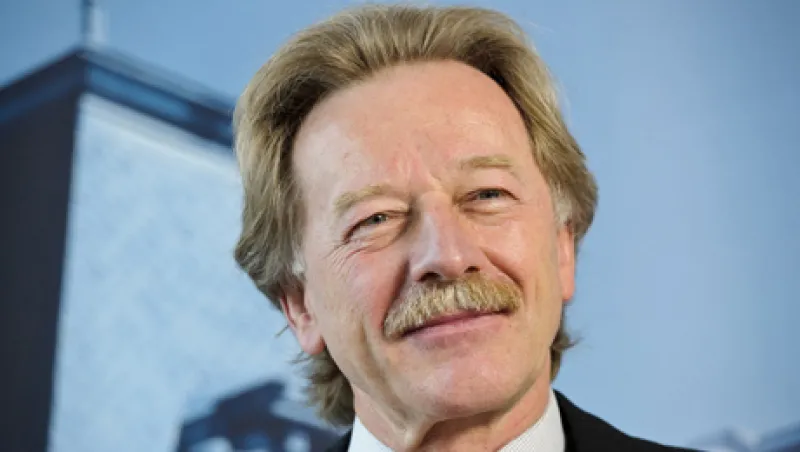
Five Questions: Yves Mersch on the European Crisis
Governor of the Banque Centrale du Luxembourg speaks with Institutional Investor International Editor Tom Buerkle on the continued EU debt crisis.
Tom Buerkle
December 16, 2011


